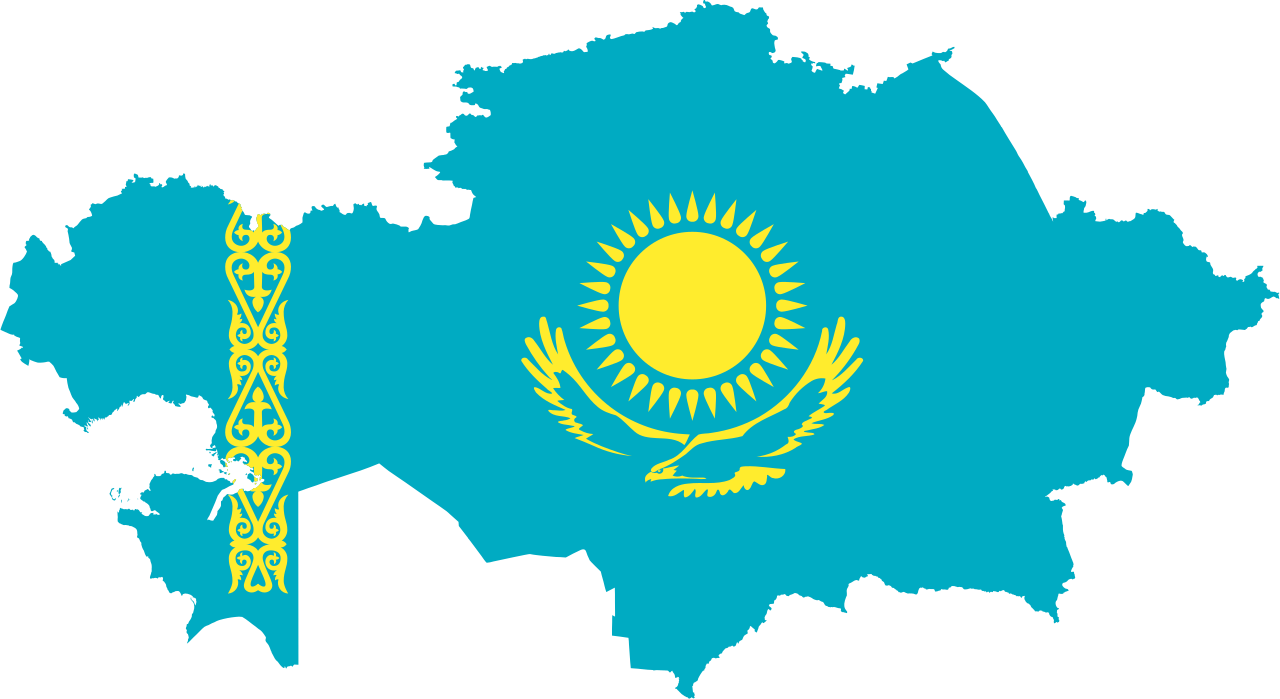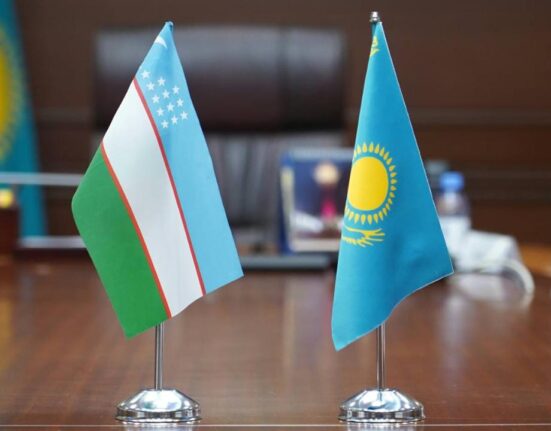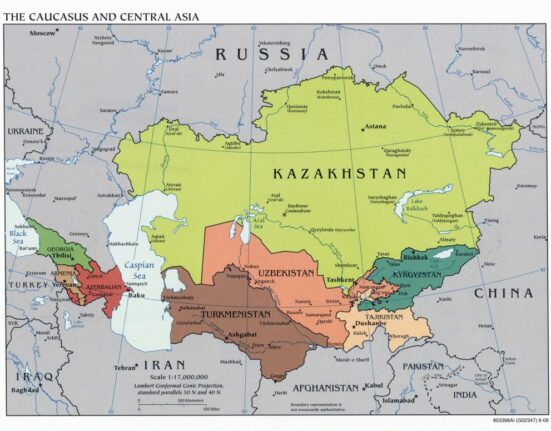Kazakhstan’s President Kassym-Jomart Tokayev has signed the country’s new Water Code, aimed at more efficient use and protection of water resources.
Developed by the Ministry of Water Resources and Irrigation, the new code is based on five basic principles:
- Recognition of water as an integral part of the environment and the basis for the life of citizens and economic development
- Protection of the country’s water resources and prevention of their depletion
- Complex use of surface and underground water resources
- Implementation of water-saving technologies and adaptation to climate change
- Public involvement in the protection and use of water resources.
The new code introduces the concept of “water security,” which guarantees the protection of citizens and the economy from water shortages and pollution of water bodies, as well as the protection of Kazakhstan’s interests in the use of transboundary water resources.
To prevent the depletion of water bodies, the code introduces the notion of “ecological flow” — the minimum permissible water level to maintain the ecosystems of rivers, lakes, and seas.
The code also defines a special regime for the protection of wetlands and glaciers.
To ensure citizens’ access to information about water resources, a National Information Report will be published annually. It will contain information on the current state, protection and use of water in the country.
The new code includes mechanisms for stimulating water saving and conservation. For instance, permission to use water will be issued only if there is a plan for a phased transition to recycled water use within five years.
According to Minister of Water Resources and Irrigation Nurzhan Nurzhigitov, the main objectives of the new Water Code are the formation and development of a national water conservation policy, the application of scientific approaches in water use, the regulation of water supply and sanitation in populated areas, the use of recycled wastewater, and the protection of water resources.




